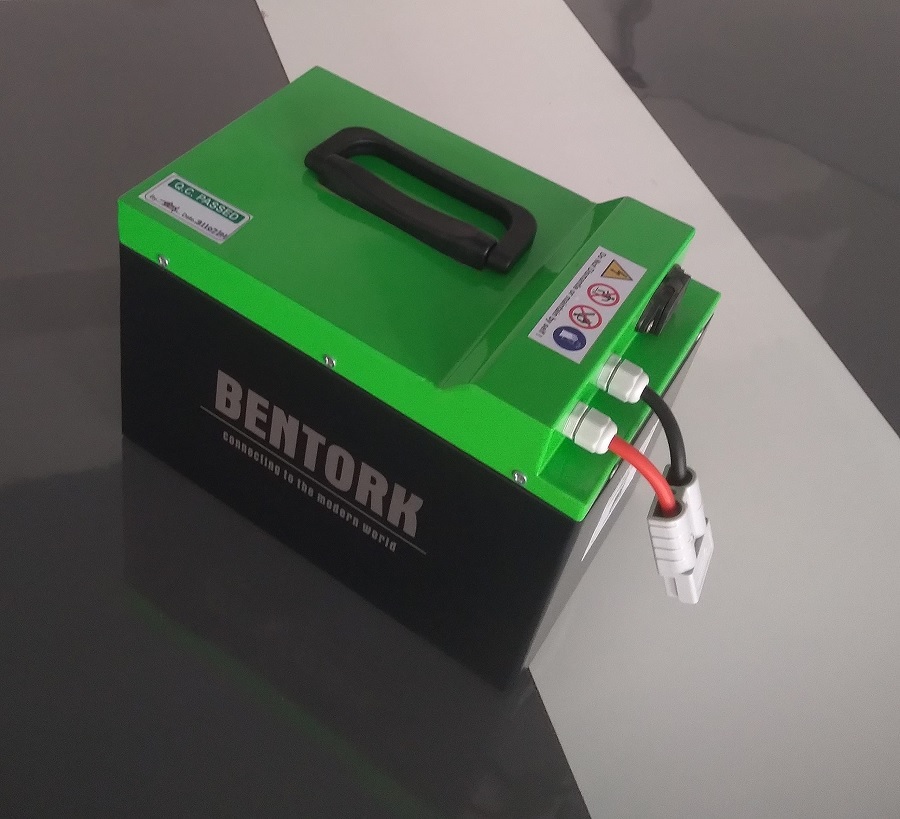A lithium motorcycle battery is a type of battery specifically designed for motorcycles that utilize lithium-ion technology. It is a lightweight and high-performance alternative to traditional lead-acid batteries commonly found in motorcycles. Lithium-ion batteries are known for their high energy density, which means they can store more energy in a smaller and lighter package compared to lead-acid batteries. It makes the best lithium motorcycle batteries significantly lighter, which can reduce the overall weight of the motorcycle and improve performance.
Advantages of lithium motorcycle batteries
Lithium-ion batteries have other advantages over lead-acid batteries. They have a higher discharge rate, meaning they can provide more power in a shorter amount of time, which can be beneficial for starting the motorcycle quickly. Lithium batteries also have a longer lifespan, require less maintenance, and have a slower self-discharge rate which means they hold their charge better when not in use.
Lithium-ion batteries require specific charging systems and voltage management to prevent overcharging or discharging, as improper handling can lead to safety risks. Therefore, if you are considering switching to a lithium motorcycle battery, it is crucial to ensure that your motorcycle’s charging system and electrical components are compatible with lithium-ion
technology.
What makes it different from other motorcycle batteries?
Lithium motorcycle batteries differ from other motorcycle batteries, such as traditional lead-acid batteries, in several key ways:
● Weight. Lithium batteries are lightweight. The weight reduction can be especially beneficial for motorcycles, as it reduces the overall weight of the vehicle, leading to improved handling and performance.
● Energy density. Lithium-ion batteries have a higher energy density, which means it can store more energy in a smaller size. This allows lithium motorcycle batteries to deliver more power in a compact and lightweight package.
● Performance. Lithium batteries have a higher discharge rate, which means they can provide a burst of power quickly. This feature is advantageous for starting the motorcycle, particularly in cold weather or situations where immediate power is required.
● Lifespan. Lithium-ion batteries have a longer lifespan. They can withstand more charge-discharge cycles before their capacity starts to degrade significantly. This extended lifespan reduces the frequency of battery replacement.
● Maintenance. Lithium motorcycle batteries require less maintenance compared to lead-acid batteries. They do not require periodic checks for electrolyte levels or topping up with distilled water, as lead-acid batteries do.
● Self-Discharge. Lithium-ion batteries have a slower self-discharge rate, meaning they can hold their charge for longer when not in use. It makes them more convenient for motorcycles to sit idle for extended periods between rides.
While lithium motorcycle batteries offer several advantages, they also have some considerations. They are generally more expensive than lead-acid batteries, and they require specific charging systems and voltage management to prevent overcharging or discharging, which can be a safety concern if not handled properly.



Comments are closed.